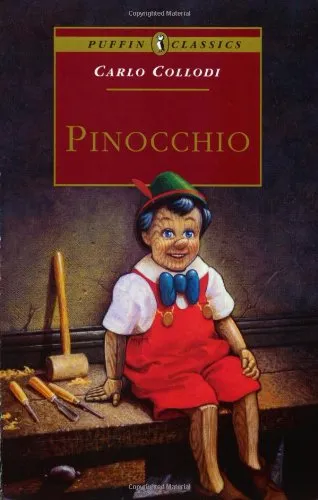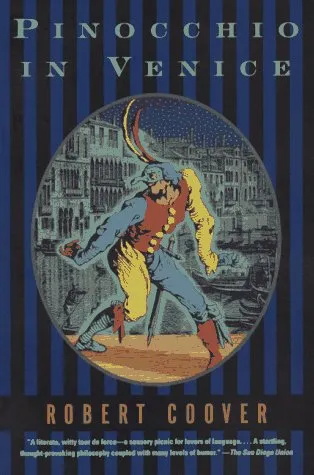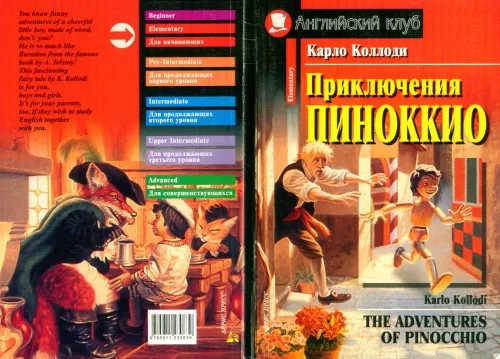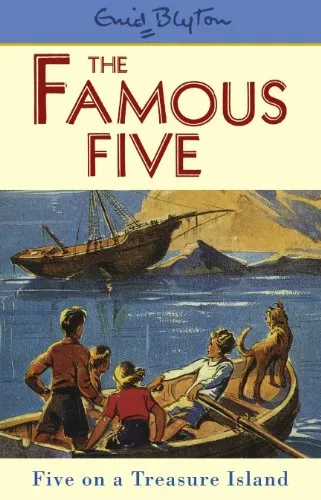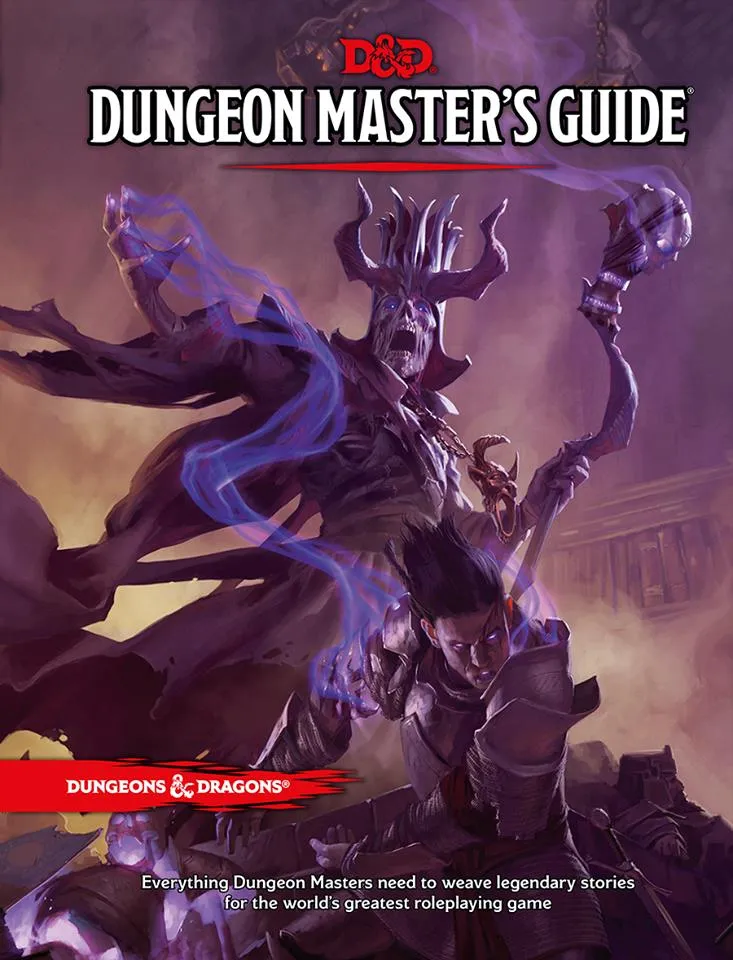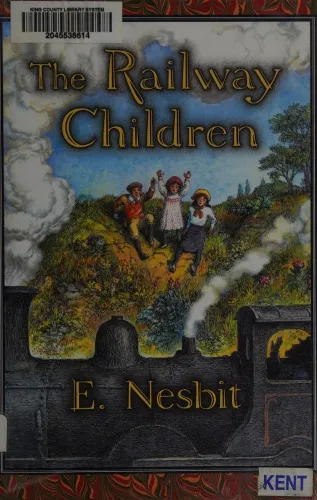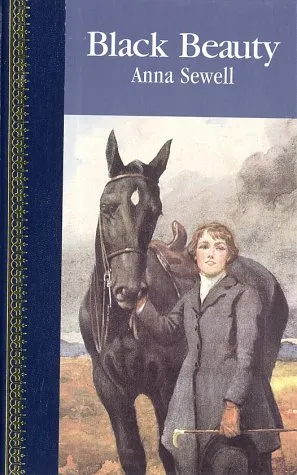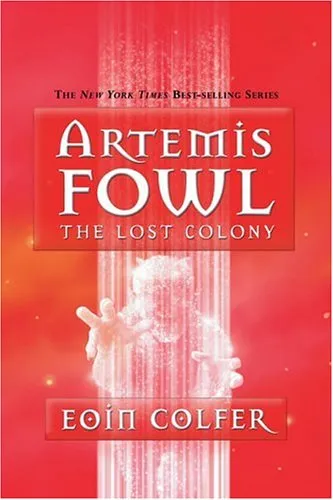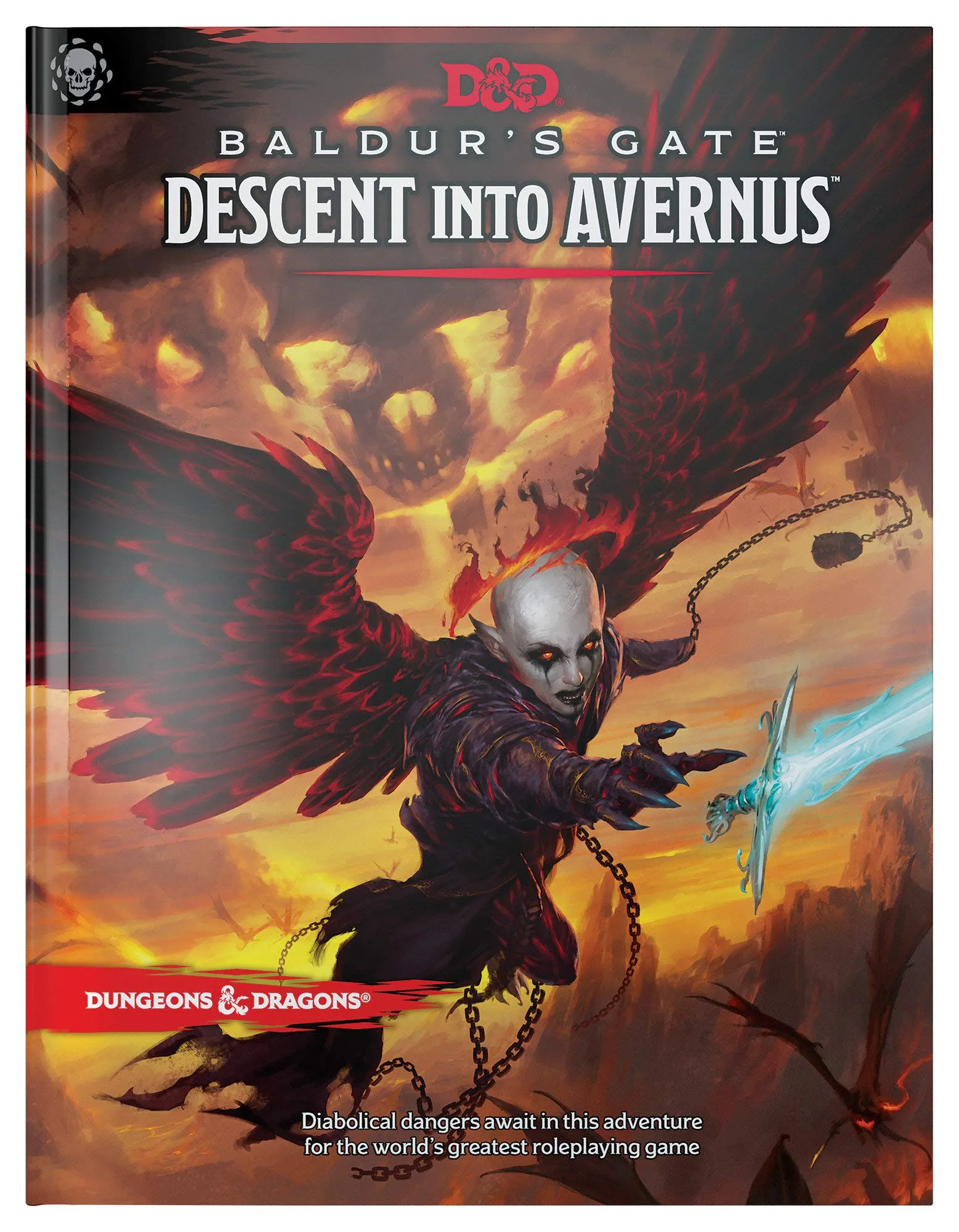Pinocchio
4.5
Reviews from our users

You Can Ask your questions from this book's AI after Login
Each download or ask from book AI costs 2 points. To earn more free points, please visit the Points Guide Page and complete some valuable actions.Related Refrences:
Introduction to "Pinocchio"
"Pinocchio," written by Carlo Collodi, is a timeless tale that explores themes of adventure, morality, and the perpetual quest for identity. It is a story that has captivated readers of all ages since its initial publication in the late 19th century. An essential part of children’s literature, this book transcends generations and continues to be relevant due to its universal themes and engaging narrative.
Detailed Summary of the Book
The story of "Pinocchio" begins with a piece of wood, inexplicably able to speak and express emotions, found by a poor Italian carpenter named Geppetto. Geppetto carves the wood into a puppet and names him Pinocchio, dreaming of creating a son. Almost immediately, Pinocchio comes to life, endowed with the ability to walk and talk but also with a penchant for mischief and adventure.
Pinocchio’s journey is riddled with trials and moral lessons. As he strives to become a real boy, he encounters a cast of characters ranging from the trustworthy Talking Cricket to the devious Fox and the Cat. The fairy with turquoise hair, often referred to as the Blue Fairy, plays a crucial role, guiding him towards honesty, responsibility, and conscience.
Throughout his adventures, Pinocchio learns valuable lessons about the consequences of his actions. The transformation from a carefree puppet to a more conscientious and empathetic individual is at the heart of the narrative, making it a compelling tale about personal growth and redemption.
Key Takeaways
- The Importance of Honesty: Pinocchio learns that truthfulness is essential, especially as his lies literally and figuratively cause his nose to grow longer.
- Consequences of Choices: Each decision Pinocchio makes leads to specific outcomes, teaching the importance of making wise choices.
- Value of Hard Work: The story emphasizes that nothing worthwhile is achieved without effort, highlighting the virtues of diligence and perseverance.
- Understanding of Empathy: Pinocchio’s journey is as much about understanding others as it is about understanding himself, fostering a sense of empathy and compassion.
Famous Quotes from the Book
"Lies, my dear boy, are found out immediately, because they are of two kinds: there are lies that have short legs, and lies that have long noses."
"How ridiculous I was when I was a puppet! And how glad I am that I have become a well-behaved little boy!"
Why This Book Matters
"Pinocchio" is more than just a children's fairy tale. Its intricate narrative and moral lessons provide profound insights into human nature. The story's exploration of themes like truth, growth, and transformation serves as a mirror reflecting society’s values and the endless journey of self-improvement.
Moreover, "Pinocchio" has become a cultural reference point, influencing countless adaptations, films, and interpretations. Its ability to engage both young and adult audiences with its entertaining yet instructional storyline demonstrates why it continues to be celebrated. The adventures of Pinocchio teach enduring lessons about life, making it an invaluable piece of literature that remains significant to contemporary readers.
Free Direct Download
You Can Download this book after Login
Accessing books through legal platforms and public libraries not only supports the rights of authors and publishers but also contributes to the sustainability of reading culture. Before downloading, please take a moment to consider these options.
Find this book on other platforms:
WorldCat helps you find books in libraries worldwide.
See ratings, reviews, and discussions on Goodreads.
Find and buy rare or used books on AbeBooks.
